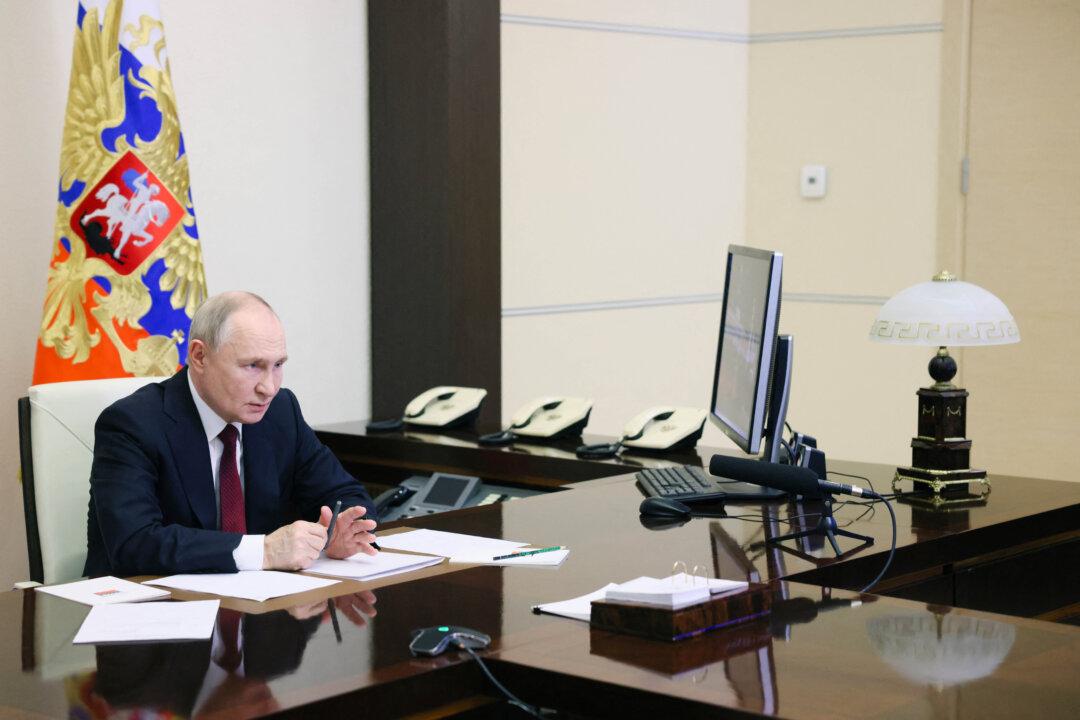Several Russian and U.S. companies have shown an interest in new joint ventures focused on rare earth metals extraction projects, but obstacles remain in the way, according to Kremlin spokesman Dmitry Peskov.
U.S. President Donald Trump has repeatedly expressed interest in forging new economic partnerships with Russia, but he’s still working to resolve the ongoing Russia–Ukraine war.





